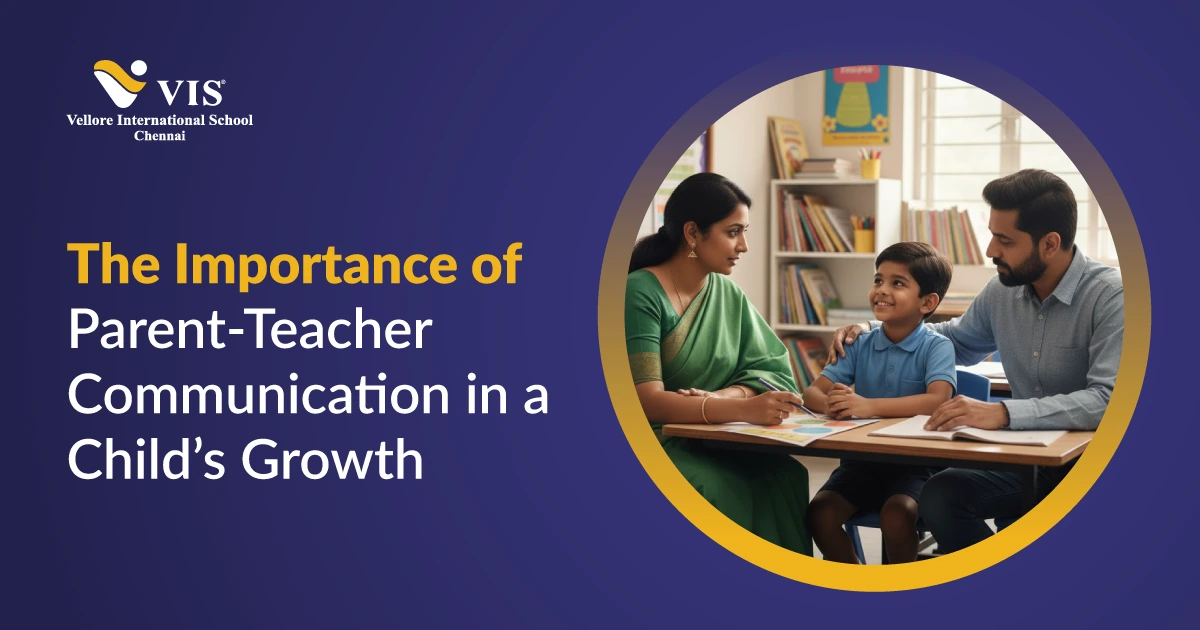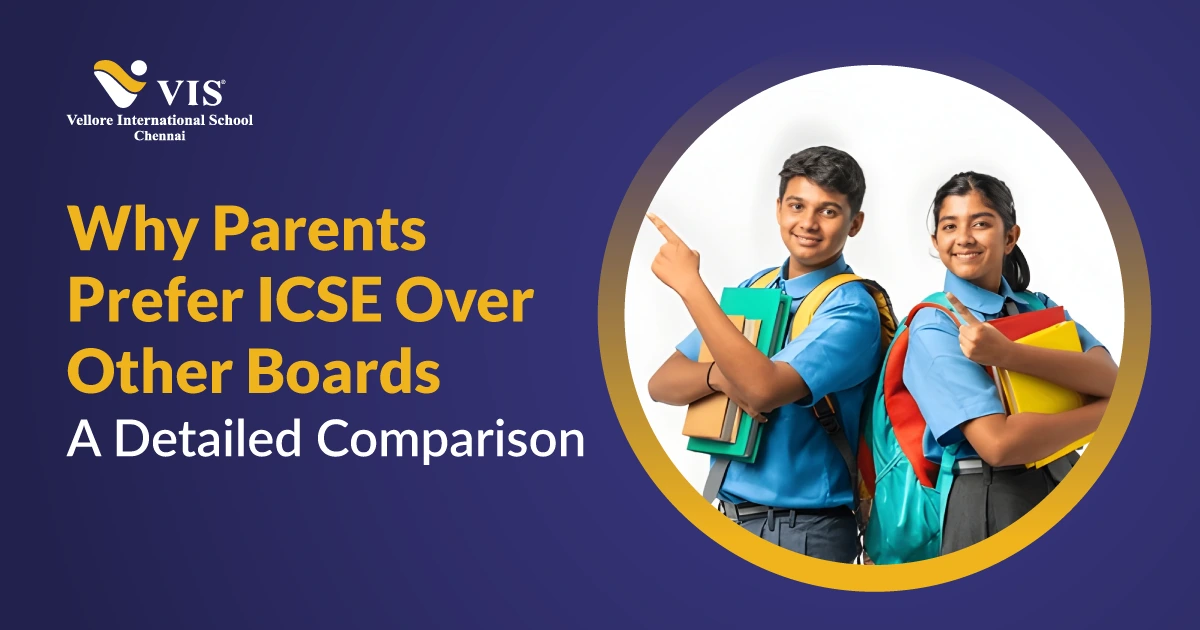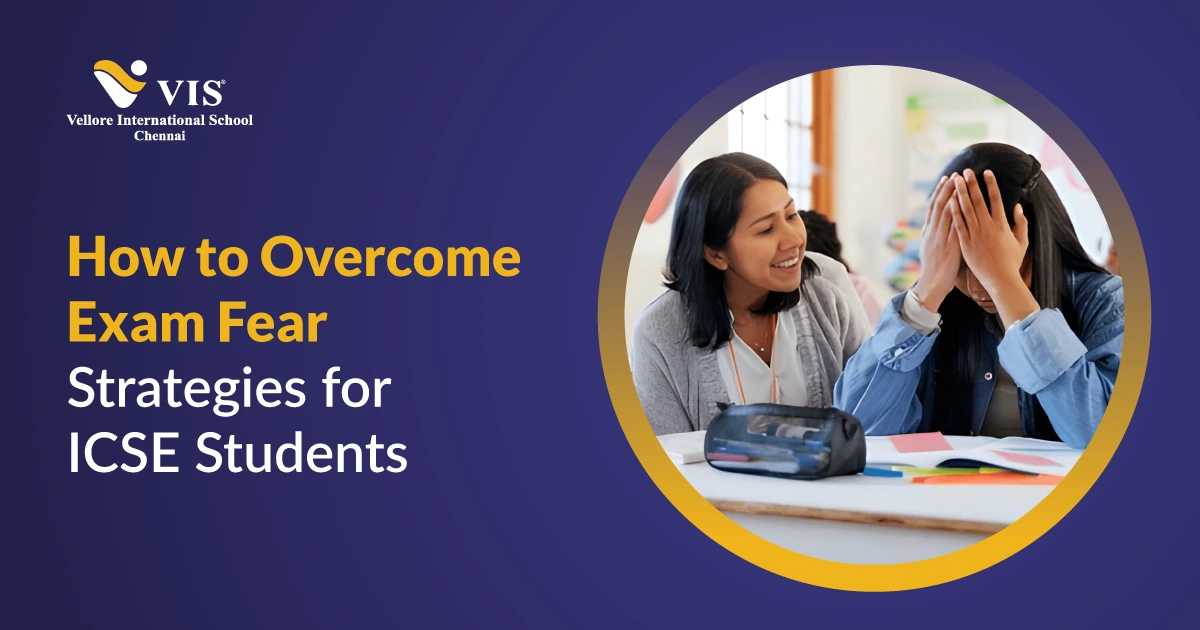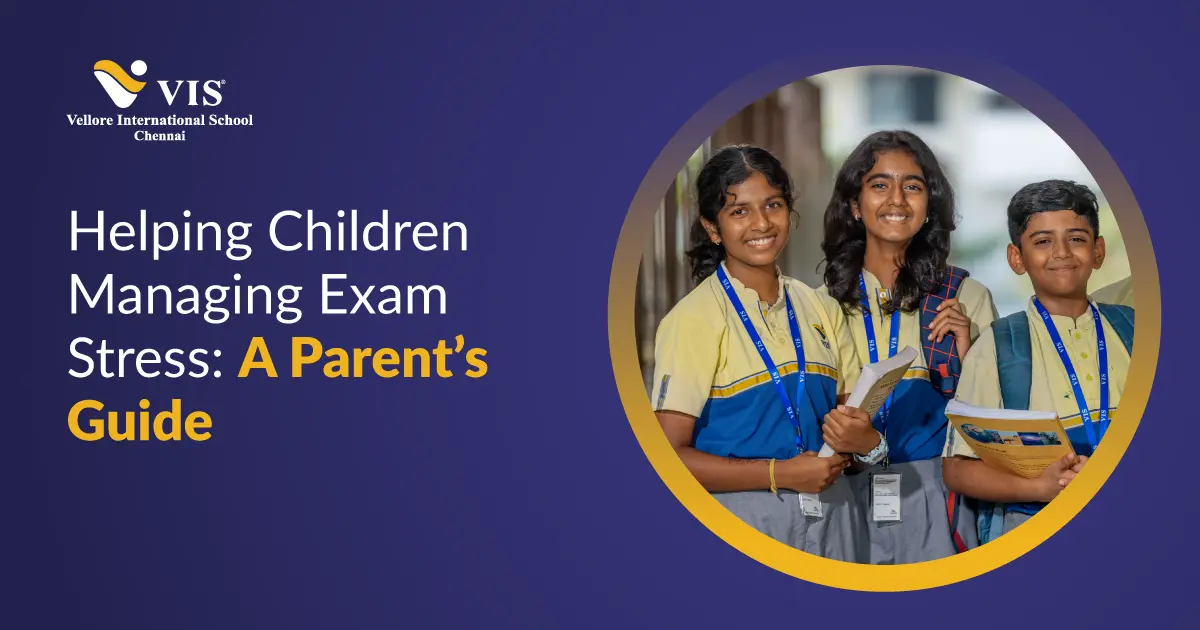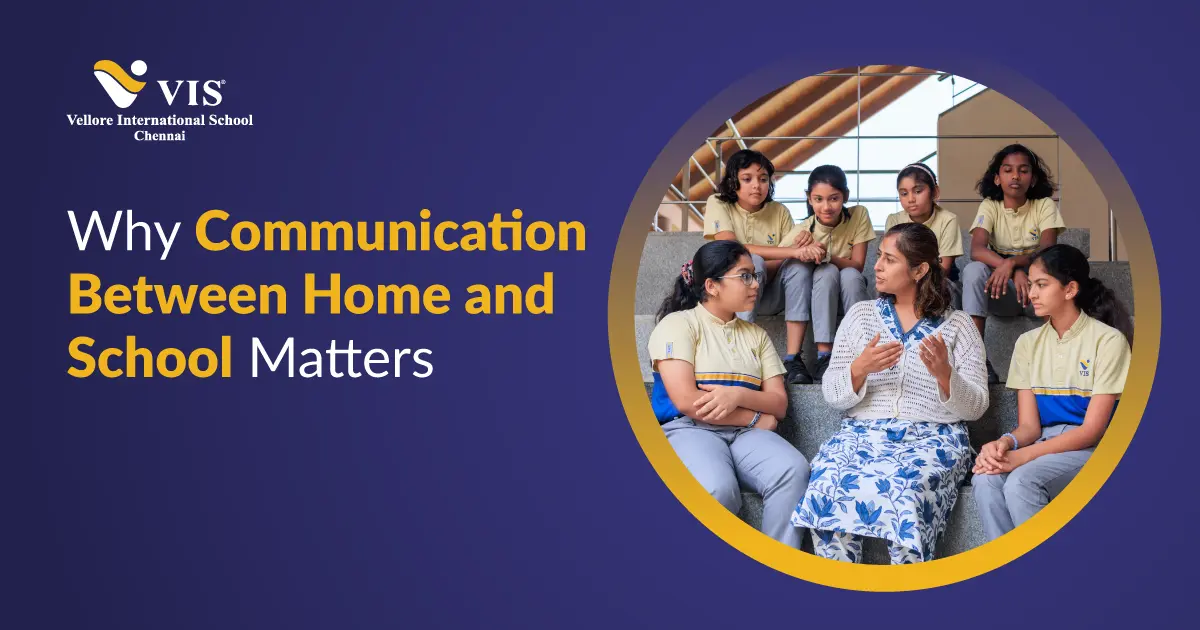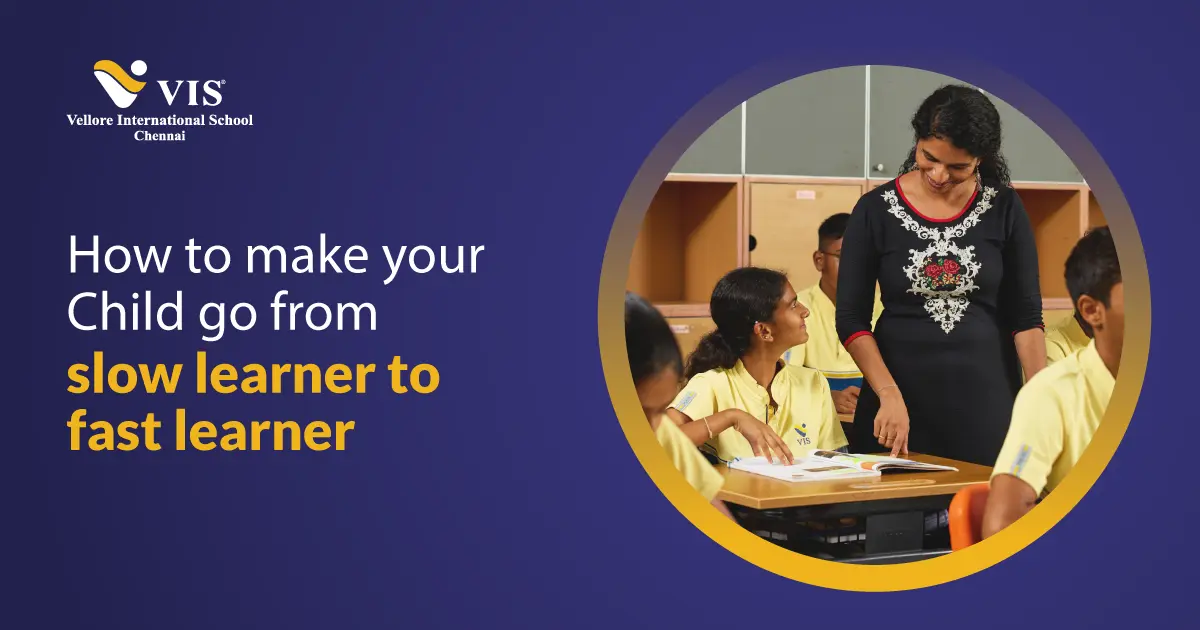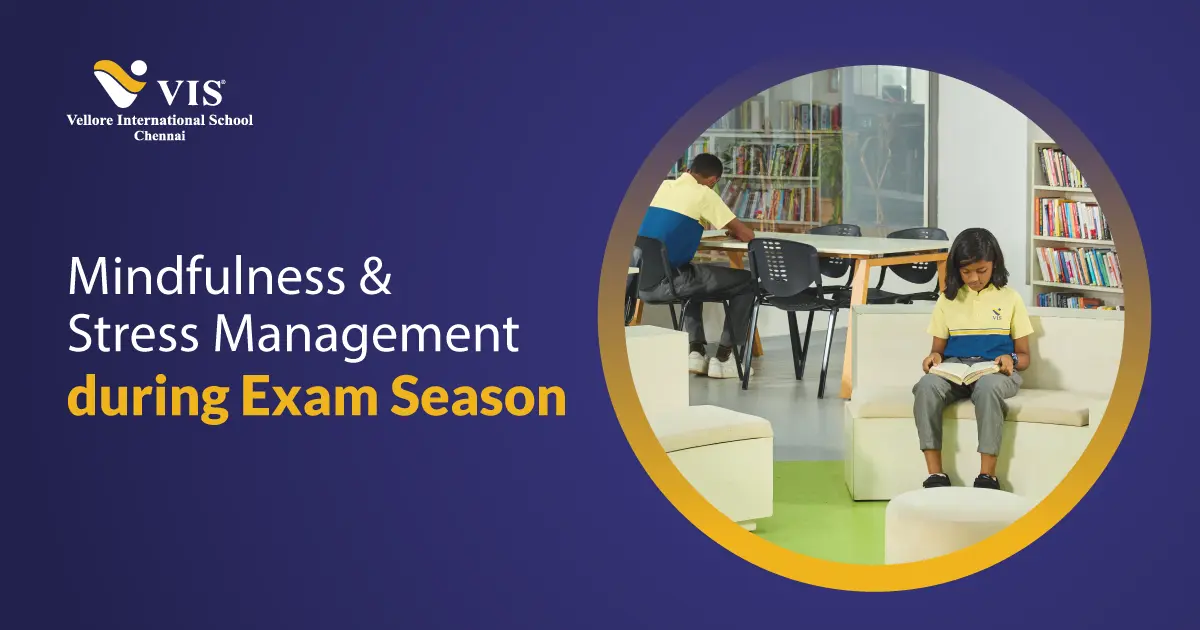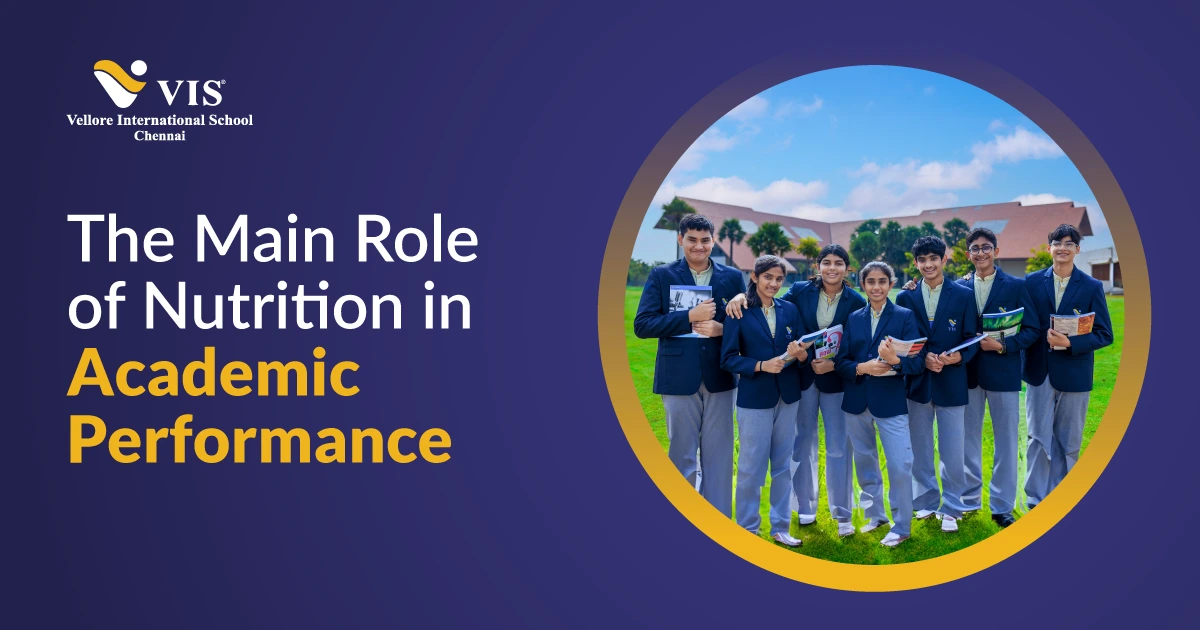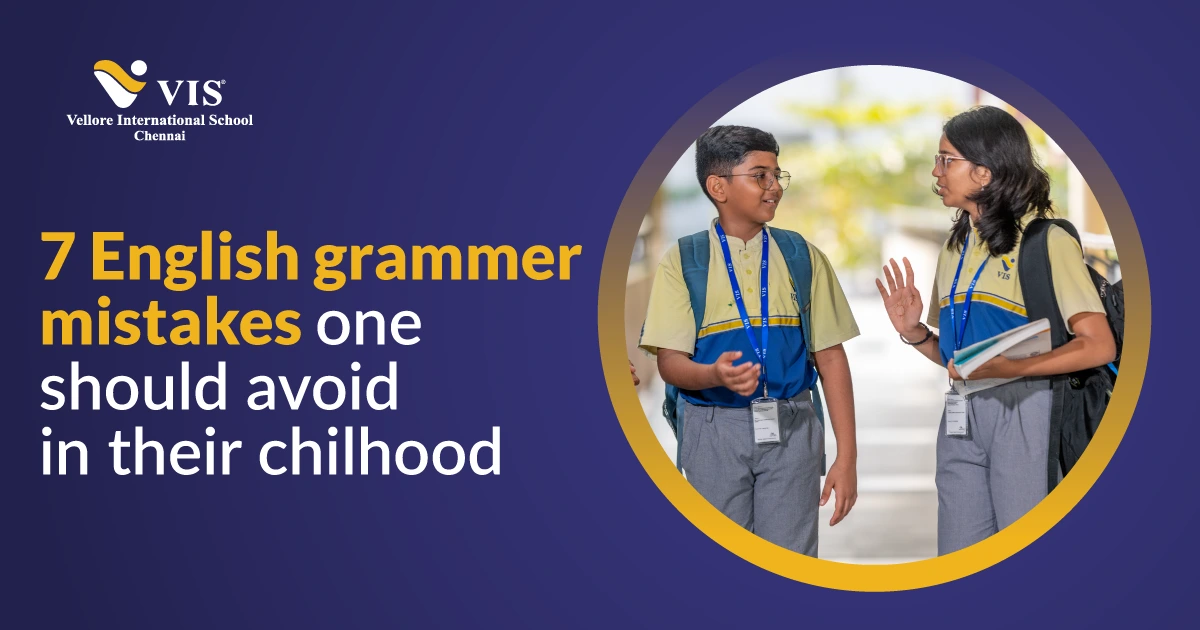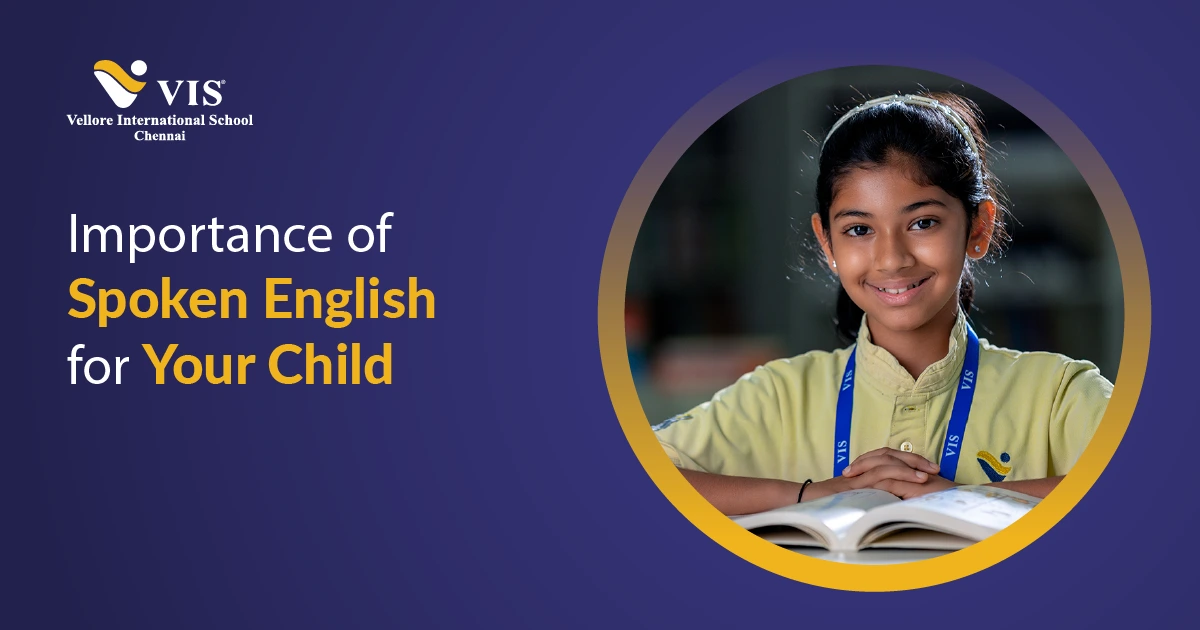Today parents have a variety of educational boards from which to choose, to enrol their children. Let us take a look at the International General Certificate of Secondary Education (IGCSE) board.
What is Cambridge Assessment International Education (CAIE)?
CAIE is the international division of University of Cambridge Local Examinations Syndicate (UCLES). UCLES is another UK-based academic qualifications awarding body, known for its professional, rigorous and high standard assessments. UCLES is a department of the University of Cambridge, which was formed in the year 1207, and is one of the oldest and most reputed universities in the world.
What is a Cambridge International Centre (CIC)?
Schools that are accredited to CAIE for the conduct of the IGCSE programme are known as Cambridge International Centres. Vellore International School will soon become a CIC.
International General Certificate of Secondary Education (IGCSE)
Cambridge Assessment International Education (CAIE) conducts the International General Certificate of Secondary Education (IGCSE), a globally recognised qualification, taken at the Class 10 level, similar to the Class 10 examinations of the CBSE and ICSE or the middle years Programme of the IB.
A student who has passed IGCSE is eligible for any +2 level qualification, like Class 12 CBSE/ ICSE or any international pre-university programme, like the IB Diploma, Advanced Placement Diploma (US), and A/AS Level & AICE (UK).
The following is an overview of IGCSE in relation to the other programmes like CBSE, ICSE or the Middle Years Programme of the IB.
Like other modern programmes, IGCSE offers a wider range of subjects and encourages high academic standards through a practical approach to teaching and learning. Assessment is not limited to conventional written papers and they consist of a variety of tests e.g. oral and listening tests.
The assessment is aimed at a wide ability range of students, with an eight-point grading scale, from A+ to G, with A+ being the highest.
IGCSE is a balanced curriculum and a flexible course of study. Most subjects offer a choice between core curriculum and extended curriculum. This gives students of all ability levels the freedom to choose subjects that are right for them and, thereby, the opportunity to score good grades.
The core curriculum is an overview of the subject and is suitable for students who are expected to achieve grades C to G. The extended curriculum is, sort of, a specialisation in that subject. It is more challenging and designed for students who are expected to achieve grades A+ to C.
While the syllabi and curricula of both IB MYP and IGCSE have an international outlook, IGCSE appears to be slightly better, in that it is tailored for a more multi-cultural and more multi-lingual audience.
Currently, IGCSE is a two-year programme starting at the Class 9 level. A student who has done his/ her early schooling from any other board can join the IGCSE programme at the Class 9 level.
The introduction of this programme means students will be able to study the IGCSE from age five through age18.
For each subject, the certificate merely indicates the grades scored, and not pass or fail.
Five scores of ‘C’ or higher indicates a student’s readiness to pursue +2 level qualifications, like the Class 12 CBSE, IB Diploma, Advanced Placement Diploma (US), etc.
In a nutshell the IGCSE for you:1. IGCSE is one of the most sought-after and recognised qualifications in the world. It develops and encourages vital educational skills, including oral skills, investigative skills, problem solving, team work, recall of knowledge, and initiative.
2. The IGCSE programme has worldwide status and credibility. It is recognised by the Association of Indian Universities (AIU) as being at par with CBSE, ICSE, etc.
Worldwide, it is delivered in schools in over 140 countries and is recognised by colleges and universities everywhere, more so in the UK and other Commonwealth countries.
3. The IGCSE curriculum is balanced and lends an international perspective to studies. It also takes account of differing abilities of students.
4. IGCSE students can take advantage of the Cambridge Checkpoint, a diagnostic service comprising of standardised tests, that pin-point a student’s strengths and weaknesses in key curriculum areas.




